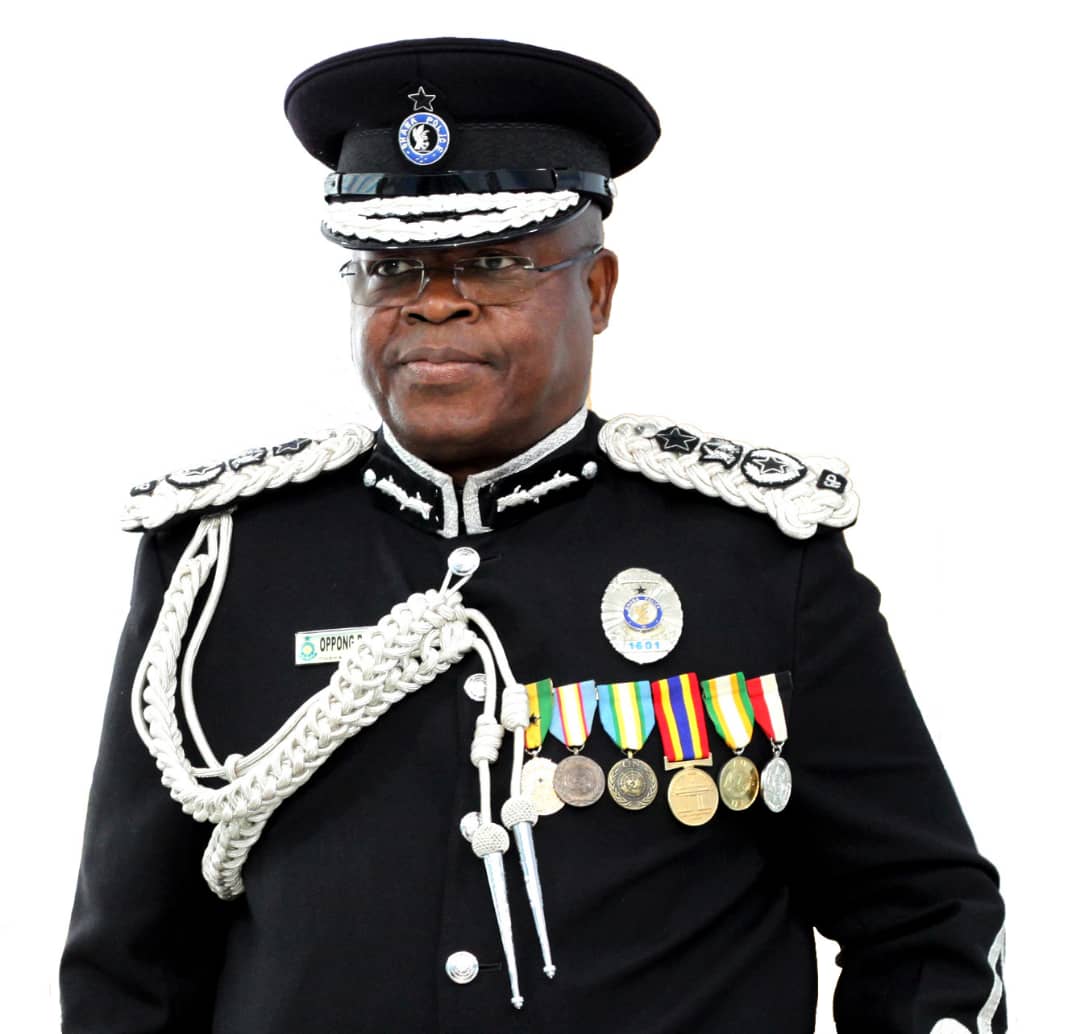
Security personnel undergo virus test
Officers of the Ghana Armed Forces (GAF) and the Ghana Police Service who were in the frontline to help enforce the three-week partial lockdown of Accra, Kumasi, Tema and Kasoa, are to undergo testing for the coronavirus.
The testing, which the Police and Military Commands said was part of their standard operation procedures, is to ensure those service men and women who were exposed to the virus were free from the disease before returning to their units.
Advertisement
The Director, Public Relations of the GAF, Col. Eric Aggrey Quarshie, and the Director of Public Affairs of the Ghana Police Service, Supt Mrs Sheila Kessie Abayie-Buckman, confirmed in separate interviews with the Daily Graphic in Accra yesterday that all the necessary arrangements were in place to make the exercise successful.
The medical corps of the two security agencies were coordinating the testing at the accredited testing centres in the country.
Both Col. Quarshie and Supt. Abayie-Buckman could not state the number of officers who were to undergo the testing but indications were that they would be in the thousands.
But a source told the Daily Graphic that the police could number 10,000 while the soldiers could be in the region of 2,000.
Before the partial lockdown announced by President Nana Addo Dankwa Akufo-Addo came into force on March 30, this year, the Police Administration had issued a statement which said the entire police population were being mobilised for the enforcement.
“The entire police population of over 35,000 officers have been mobilised – put on the frontline to prevent the spread of COVID-19. They include all general duty officers, specialised units and professionals, performing various tasks and in different shifts, depending on several informed factors. The deployment of the rank and file of the Police Service is personally led by the Inspector-General of Police (IGP), Mr James Oppong-Boanuh, “ the Police Administration said in the statement.
“Security personnel shall therefore facilitate transportation and protection of persons assigned to contact tracing and testing for COVID-19; evacuation and protection of persons in quarantine, quarantine centres, medical facilities, medical personnel and supplies in and out of the lockdown cities, it added.
Col. Quarshie stated that officers would have to be cleared of the virus before being allowed to go back to work.
GAF start
Col. Quarshie said the GAF had started the exercise.
“We have started already,” he said, and added that the officers involved were in “holding areas”.
He posited: “Let’s get it clear, what we are doing is not to say that we suspect any of our officers and men to have the virus. Not at all. It is just part of our normal professional procedures to ensure that we stay fit.”
Col. Quarshie said once soldiers were in the field, they were considered to have been exposed to the virus “and so before you come back, we have to ensure that you are safe.”
He said for the soldiers, it was good for them to undergo the test so that psychologically, they know that they had not been exposed to anything dangerous.
“Even the journalists who went round to the hospitals and the treatment centres and other areas need to be tested,” he stated.
Making reference to the outbreak of the Ebola viral disease in Liberia, he said the Ghanaian soldiers who went there on operation were quarantined in the area after they completed their assignment to establish that they were not carrying the virus before they were allowed to return home.
Opportunity to test
For her part, Supt Abayie-Buckman said the Police Administration saw the exercise as an opportunity for the officers who were in the frontline to test for the virus.
“Those who were exposed have been given the opportunity to test for COVID-19. We see it as an opportunity for the frontline staff,” she said.
According to the police spokesperson, the IGP issued a signal for medical officers to take samples of officers who were in the frontline so that they would be tested.
In addition to that, all police officers were to abide by the hygienic protocols.”
“It’s all about the welfare of the police officer and, as such, whatever we have to do, we will do so that it doesn’t come with any negativity,” she added.



